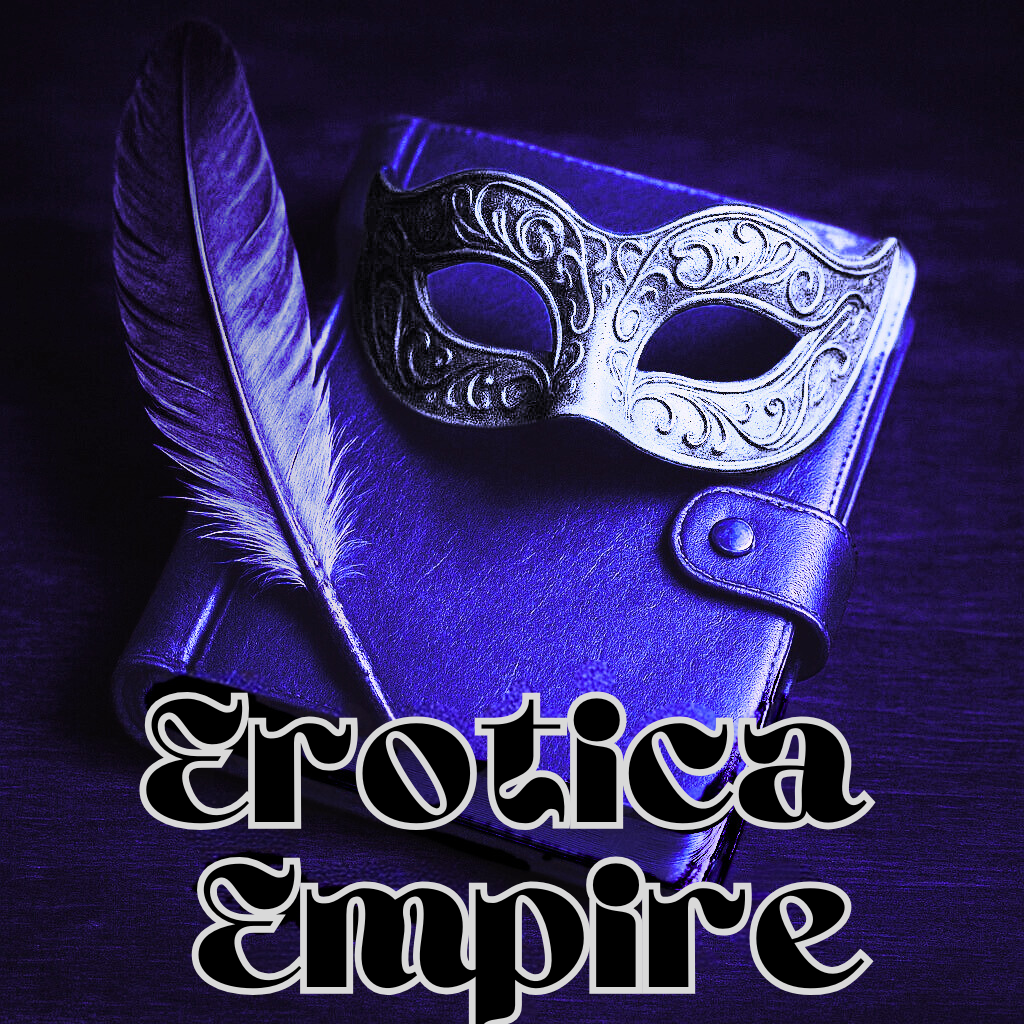In a modest office tucked behind a community center, two women sat across from me. Their stories, though different, carried a shared thread: girlhood interrupted.
Fatima, 26, was married off at age 12. “It wasn’t shocking where I’m from,” she said, folding her hands calmly. “My parents said it was time. He was 36. A distant cousin.” Her voice remained steady. “There was no wedding dress, just a legal document and a ride to his house. I thought marriage meant safety. Instead, it meant silence.”
By 16, she had two children and a routine she didn’t choose. “It was always about what needed to be done—cooking, keeping him satisfied, raising kids. No school. No questions.”
Rani, 29, wasn’t married early—but says she may as well have been. “They called it helping,” she explained. “I was seven when it started. Cleaning, bathing my uncle, running errands no child should do. If I refused, I was punished.” Her role in the house expanded every year, with no recognition, no boundaries. “I wasn’t a daughter. I was free labor.”
Neither woman told her story with visible emotion. Their faces didn’t contort, and their voices didn’t crack. But the facts were clear: childhood hadn’t just ended early—it had been repurposed.
Today, they work with outreach groups, quietly helping others recognize the difference between tradition and exploitation. “We can’t change the past,” Fatima said. “But we can stop pretending it was normal.”

